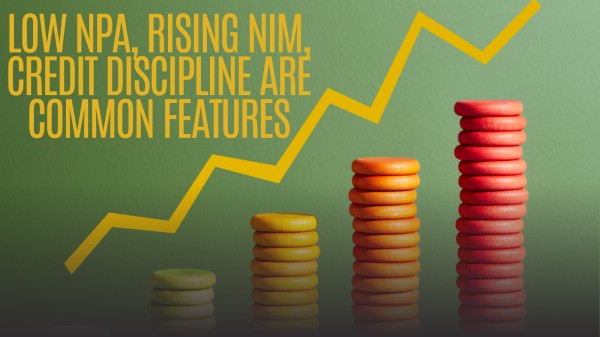

By signing in or creating an account, you agree with Associated Broadcasting Company's Terms & Conditions and Privacy Policy.


By signing in or creating an account, you agree with Associated Broadcasting Company's Terms & Conditions and Privacy Policy.

Kolkata: Indian corporates are now rushing to raise money by selling bonds with a rise in fixed-income assets and underperformance of the benchmark Nifty 50 index. It is no wonder that many digital platforms are promoting investments in bonds and first-time investors are exploring this debt instrument in a bid to spread assets into diversified instruments.
Bonds are debt instruments that are issued by companies, municipalities, states, and sovereign governments to raise money which is further used to fund projects, usually long-term ones. Institutions and the individual investors can invest in them. Bonds have a fixed amount of money invested in them and they pay the bondholder an interest which is usually called the coupon rate at the end of a pre-determined term. A bond differs from a fixed deposit in a bank since there is a secondary market where bonds are traded unlike FDs. The trade takes place at a price which is substantially determined by the prevailing interest rate in the country. At the end of the term, the investor gets back the principal along with the interest agreed upon at the time of the sale of the bond.
Investing in a bond begins by selecting a bond just as one zeroes in on a stock before investing in it. Let's know a few things about bonds.
Necessary steps: One has to submit KYC documents and get it verified. These are Aadhaar card, PAN card and address proof. These are needed to be carried out at the platforms where one wants to pick up bonds.
Due diligence: Just as one studies a stock before investing, one has to study a company and the instrument where one intends to invest. Bonds are accompanied by offer documents which details the instrument, the issuing authority (company or government body) and the economic environment of the country with special reference to the movement of the interest rates in the economy in the next few years. Instruments are rated by rating agencies such as ICRA, CRISIL, CARE, or India Ratings, which has to be taken into account. Usually higher yields indicate higher risk.
Applicable taxes: Bonds give you interest income. This income is subject to taxes according to the slab that you are in. If the bonds are listed, and if they are held for more than 12 months the gains are treated as Long Term Capital Gains and the applicable rate is 10% and without indexation.
Corporate bonds: Many companies are raising money through bonds in India now. Some corporate bonds offer higher yields. They can range between 7% and 9%. In the secondary market liquidity for corporate bonds are usually moderate.
Government bonds or G-Secs: Government bonds, more specifically those issued by the Central government, entail the lowest risk. The yield of G-Secs that carry a 10-year maturity is used as a benchmark in many fields (like fixing the returns of Public Provident Fund) and usually hovers between 6.6% and 6.62%. The advantage of these bonds is that they enjoy high liquidity.
Where to buy bonds: RBI Retail Direct is a platform to buy bonds. Others are NSE goBID and BSE Direct. There are brokerage firms which also trade in bonds. The best option for a beginner is to consult a qualified personal finance investor to choose a bond taking your profile, risk appetite and financial goals into consideration.












